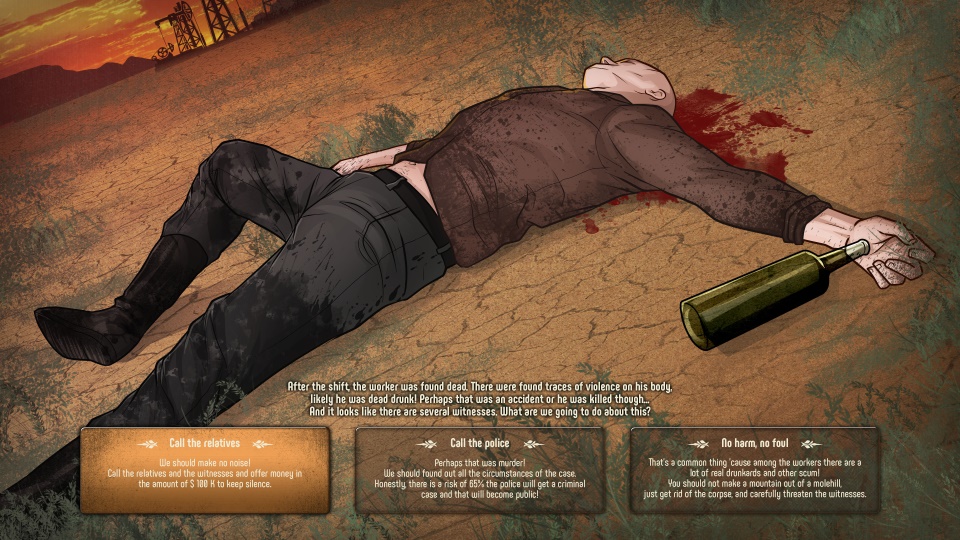

Jonathan’s ‘Jim Crow Wisdom: Memory and Identity in Black America Since 1940’, a gripping memoir-cum-meditation, reports that the higher-ups believed that his father and mother were raising “the right kind of family” to integrate into both the air force and the all-white Montgomery Academy that some military children were attending. When Jonathan was six years old, the air force wanted to improve its public image by making his father a general in the Strategic Air Command.


“The right kind of family”īorn in 1967, Holloway grew up in Montgomery, Alabama, and other places from which his US Air Force father – later to become the first black instructor at the Air War College – flew front-line missions in Vietnam and other hot spots. Undoubtedly, there are several reasons why Holloway has left Yale to become the provost of Northwestern University in Evanston, Illinois, but I can’t imagine him being happy when, as dean of Yale College, he was tasked with co-chairing the committee on reconfiguring Commons to become the Schwarzman Center, in whose redesign Schwarzman himself has been intimately involved. No donor is pure, but Yale’s acceptance of this donor and donation was inexcusable, given his personal, business, and even political practices, which I’ve outlined in The Washington Monthly and in Dissent. But renaming Commons after Schwarzman openly flouts any such commitment by giving Yale’s imprimatur to self-celebrating, self-exculpating philanthropy. It’s about a deep and substantive commitment to being honest about power, structural systems of privilege and their perpetuation.”īy renaming Calhoun College after Hopper, the university acknowledged but merely finessed Holloway’s call.

That makes it imperative to revisit Holloway’s admonition that the real controversy is “not about the name on the building. Schwarzman Center, after the billionaire whose donations have already put his name on the flagship building of the New York Public Library, a Massachusetts Institute of Technology College of Computing and Rhodes-like scholarships in China. Yale is stirring again now, as it was in 2015, with discontent over renamings: a somewhat nasty rehashing of what was accomplished and lost in renaming Calhoun College for the late, pioneering Yale computer scientist Grace Hopper, and a rising resistance to the university’s renaming of its historic Commons dining hall as the Stephen A.
#Plutocracy band how to
But he had wiser ideas and inclinations, honed since his childhood, about how to confront his country’s racial cruelties and ironies. No one was more ‘woke’ to US civic culture’s defaults than Holloway, an intellectual historian of black America. The ‘Rhodes Must Fall’ campaign that started at the University of Cape Town in South Africa in 2015 and spread to Oxford University and Harvard Law School was still some years in the future. If there wasn’t much controversy in 2009 about Calhoun College and the title of ‘master’, it wasn’t because no one was ‘woke’ to history’s cruelties and ironies: it was because, in that first year of Barack Obama’s presidency, there was more hope for a shared civic and political culture. Holloway’s America and mine was still a country where the folk singer Joan Baez, a progressive’s progressive, had moved audiences of all persuasions by singing Robbie Robertson and The Band’s ‘The Night They Drove Old Dixie Down’, a song that enfolds the secessionist Confederacy’s ‘lost cause’ romantics empathetically into a larger US civic culture. To make matters worse, the residential-college title of ‘master’ seemed to many to double down on Calhoun’s slave-master legacy. That was before the university became convulsed by controversy over the name of Calhoun, the pre-civil war US vice president, senator and constitutional theorist but also an ardent and powerful defender of slavery. Calhoun College, invited me to become a fellow there. In 2009 the African-American historian Jonathan Holloway, then master of Yale’s residential, undergraduate John C.


 0 kommentar(er)
0 kommentar(er)
